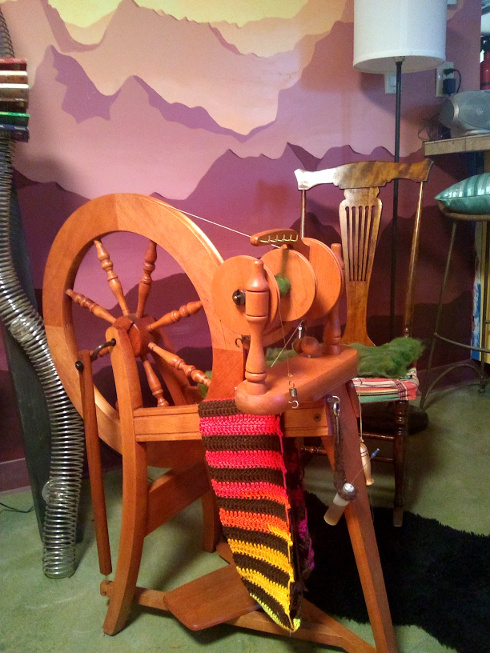

Unfortunately, child care is expensive – both as provider and as consumer. At Short Folks, we are aware that the best child care is almost always beyond the means of financially restricted parents. That is why we are trying to wrangle the bureaucracy so that we can receive subsidized child care payments (not quite there yet), and it is why we have a sliding fee scale.
To forestall uncomfortable financial situations, Short Folk requires some fees to be paid in advance, with each week needing to be paid in advance. Additionally, the last-two weeks’ payment is due before a child’s first attendance (we can usually work out a payment plan if necessary). This ensures that we can have time to fill a child’s spot and avoid the waste of an available learning slot when someone drops out.

Unless otherwise agreed upon, kids should be picked up by 6pm each day.
We understand that traffic and life sometimes interfere with the best-laid plans, and so we allow for 2 unscheduled late pickups per month. After that, each late pickup will be charged in 15-minute increments according to the individually agreed-upon fee schedule.

Though we always try to be clean and to teach sanitary habits, we do not use or encourage the use of anti-bacterial products, beyond any legal requirements. Bacteria are literally everywhere, and we believe it’s unrealistic and unhealthy to try and kill all bacteria, as research is increasingly confirming. Bacteria are a normal part of a healthy and resilient, disease-resistant body, and raising kids is a dirty job. We get dirty all the time, which is why we highly recommend that kids never come to Short Folk in their best clothes, or that they have a change of clothes on hand so that they can feel free to get dirty here.
That said, when kids are truly sick, they need to stay home and receive individualized care. We don’t mind the occasional cough or sniffle, but if a child is obviously ailing, a public environment is not the place to recover. If you wouldn’t want your child around those symptoms in someone else, then it’s likely that they should stay home. We reserve the right to refuse care for children that are not feeling well enough to participate fully in a public kid environment.

Short Folk’s policy on violence and discipline centers around using and teaching Non-Violent Communication, an approach to non-violent living that emphasizes compassion and empathy. We highly recommend that all parents read Marshall Rosenberg’s book, Non-Violent Communication, if for no other reason than to better understand where we’re coming from.
The basics of the method include a four-step system for communication and conflict resolution. Briefly, step 1 involves using precise and non-judgmental language to describe the problem. Step 2 is naming the speaker’s feelings as a result of the action or perceived problem. Step 3 is describing the personal needs of the speaker in relation to the situation. Step 4 is a proposed solution, again with no judgments, and opening the floor for the other participant to respond in kind.
As a very basic example, “Little Johnnie, I see that you hit Jimmy and took away the toy he was playing with. When I see that behavior, I feel sad to see Jimmy cry. I feel angry and scared that violence is happening when it is my job to protect both you and Jimmy. I feel sad for you, that you felt hitting Jimmy was the best way to get your needs met. I have a need to provide a safe space for all the children here, and I need to feel like I am helping you learn how to get your needs met without violence and fear. It would help me to be able to assist you and Jimmy in talking about your feelings so that we can find a way to deal with one toy and two children with no hurt feelings.”
This method of communication can be effective with children, adults, and even world nations, to lovingly resolve conflict without the need for violence, punishment, time-outs, revenge, retribution, criticism, resentment, or establishing bad examples for others. Local support groups exist for the purpose of learning to use these techniques, which are outwardly simple but surprisingly difficult to carry out on a practical level, especially when emotions are running high.